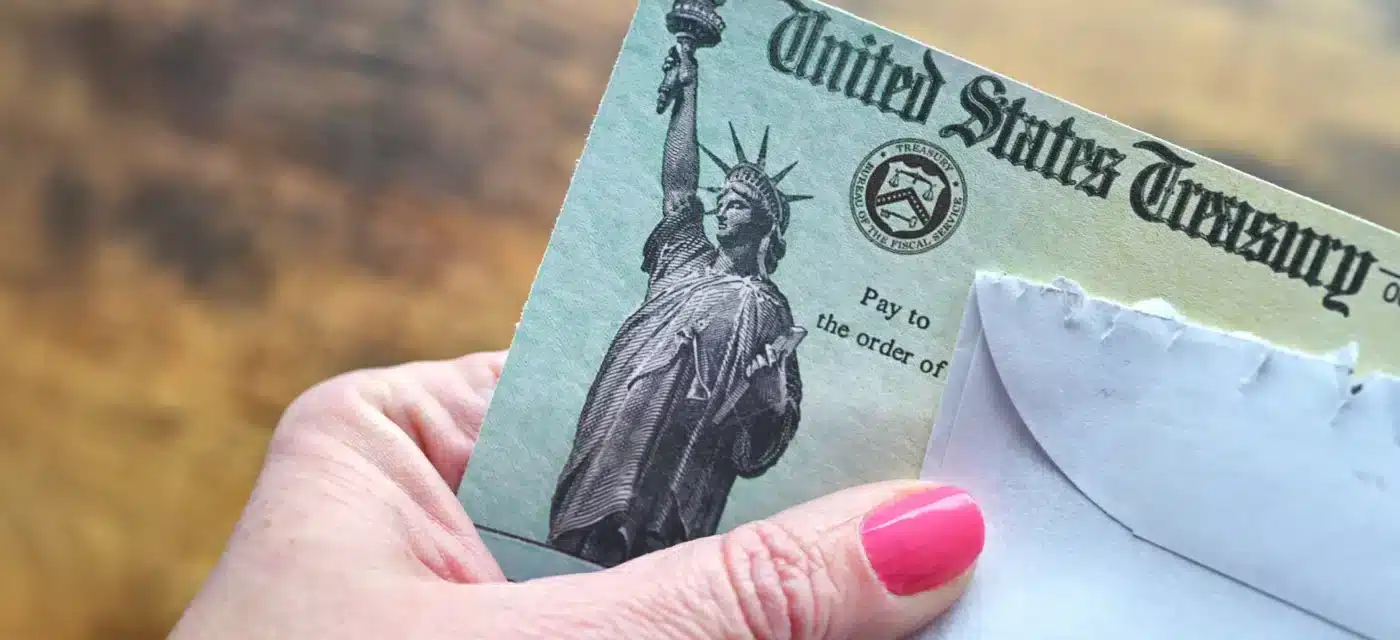Are You Prepared For The Unexpected?
Prepare for the unexpected and ready yourself and your finances for anything that comes your way with these tools.

Hope for the best. Prepare for the worst. This piece of advice can be applied to pretty much anything – including finances. A recent study from Bankrate shows that only 43% of Americans surveyed could cover an unexpected emergency expense from their savings while 25% of people would accrue credit card debt to pay for a $1,000 emergency expense.
From needing new tires to losing your job, anything can happen. Here are some tips to help you get financially ready for anything coming your way.
Tips To Better Prepare
Budget
It’s almost impossible to talk about planning for the future without first talking about budgeting. Take control of your money and create a plan that dictates where exactly your money goes so you aren’t left wondering.
Also, be sure to modify your budget as your situation changes. If you’re earning more, start saving more. If your rent increases, spend less elsewhere and figure out how you can shift funds around.
Save
This is one of the biggest favors you can do your future self. Save for retirement, a rainy day, and big purchases – plus anything else that’s important to you. At a minimum, aim to have an emergency fund that will cover three to six months of expenses. How much will you need? Find out by tracking your expenses for 30 days. You’ll sleep a little better knowing you have a cushion to fall back on.
Reduce Debt
Unfortunately, bills won’t stop if an emergency arises. As a borrower, you’re still responsible for your mortgage or rent, auto loan, student loan, and credit card payments. If you have the means to put additional funds towards your debt now, do it. Eliminating a payment or two can make a huge difference when working with limited funds.
Get Insured
Insurance can help you in a variety of ways and provides a good safety net in case things go wrong. For example, homeowners insurance covers incidents that occur to your home or property, including damage from a storm, other natural disasters, or theft.
Review your policies periodically to ensure coverages still meet your needs and update it with any major life changes.
Summary
While you don’t have to be scared for the future, it’s a good idea to be as prepared as possible. By creating a solid budget, adding more to your emergency savings, minimizing debt, and reviewing your insurance policies regularly, you’re well on your way to financial security.


BALANCE
Take advantage of free financial education from our partner, BALANCE. From confidential coaching to videos and articles, get the resources you need to help with your fiscal matters.
Related Articles
Paper Checks Eliminated – Why Government Check Recipients Need To Act Now

The federal government will soon eliminate paper checks for most federal payments. If you’re impacted, act now for a seamless transition.
4 Financial Steps To Take After A Natural Disaster

As your credit union, we’re always here to help if you need assistance. Here are four financial steps to take after a natural disaster.
How Long Should I Keep My Bank Statements and Financial Documents?

Determining whether to keep or shred bank statements and financial documents can be confusing – use our simple guide to get started.
